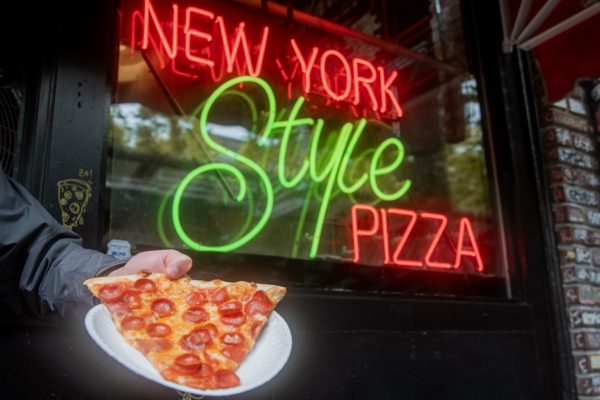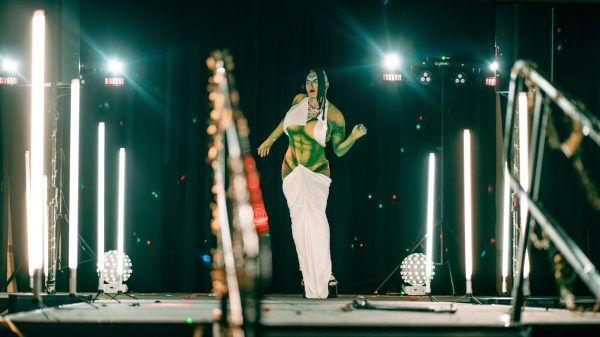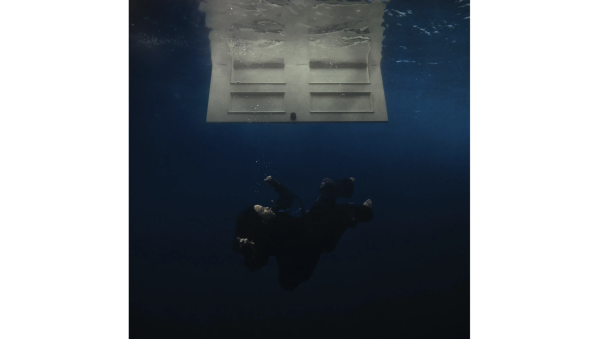Professor Quinton Morris Named Classical KING FM Artist-Scholar in Residence

With countless accomplishments, including the Washington State Governor’s Arts Award in 2016 and playing three sold-out shows at Carnegie Hall, Quiton Morris is a world famous violinist and entrepreneur as well as an educator at Seattle University. His most recent endeavor is serving as the first Artist-Scholar in Residence for Classical KING FM, creating a radio program that will highlight classical musicians and composers of color. The show, “Unmute the Voices”, is scheduled to premiere June 19, in celebration of Juneteenth.
In an interview with The Spectator, Morris discussed his experience as a musician and educator, as well as sharing his enthusiasm to be in collaboration with Classical KING FM.
KL: How has your experience as a musician shaped your experience as an educator? Or vice versa?
QM: It wasn’t until I got to college that I had a violin professor who inspired me and pushed me hard, and I eventually decided that music was what I wanted to do. I had to work hard, harder than probably most of my peers because I was so “behind.” I think that because I had such a non-traditional route, I understand a little bit of what the typical college student or high school student goes through.
I also draw a lot of inspiration from students who are fearless, who really go against the grain and push themselves hard and smart toward bettering themselves. I think the artistic career that I have had has inspired me to be a more sensitive teacher in the classroom and working with students who have had enormous challenges or who have worked hard has not only inspired me to be a better teacher, but to be a better musician and person.
KL: What do you want to impart on your students and young musicians, specifically through the creation of Key to Change?
QM: I teach those students in an area where the arts are not really valued. It’s about showing them that music is really important and valued. It’s also showing them what’s possible, because they don’t have a lot of role models, especially men and specifically men of color.
I went to high school in the same community that Key to Change serves, and I remember having Black men who were always there mentoring us and making sure we were valued and appreciated. I want our students to be able to experience the same thing I had when I was a kid.
KL: Tell me about your newest endeavor as the first Artist-Scholar in Residence for Classical KING FM. What does this position mean to you, and what are you looking forward to?
QM: It means a lot to me, but I think it means more to my industry because it’s a radio show that will exclusively focus on spotlighting the classical artistry of musicians and composers. People of color in classical music have been largely marginalized, undervalued and appreciated. This is an opportunity for us to shed light on those people who have made enormous contributions to the classical field. There is now a radio show that is exclusively dedicated to making sure their music is heard, and there has never been anything like that.
Classical music has been extremely white and very male-dominated for centuries. Finally, there’s an opportunity for me to work within the community of classical music, as well as spotlighting communities of color and giving them a platform for their voices to be unmuted.
KL: Having created a non-profit, won awards for your artistry, now teaching, and working with Classical KING FM, how do you measure your success?
QM: If I’m not happy nothing matters. I measure my happiness by how I live my life, the people that I have in my life and the service and commitment that I have to the community, and my morals and values. The awards and recognition are important, and I value and appreciate them, but my personal happiness is most important and that’s how I measure my success.
KL: What advice do you have for students at Seattle U?
QM: I would say have a lot of fun, but also work really smart and really hard. You have to understand that success is a process. I would say welcome the rejection, welcome the setbacks.
I would also say pay your dues. You can’t always come out wearing the brass ring, and you have to be okay with that. What you’re doing is building experience and learning. Experience is the best teacher.
The last thing is to be prepared. If you’re prepared for rejection and setbacks, you can recognize that the opportunity wasn’t for you, but when you’re prepared there’s always going to be something better, and eventually, you’re going to land it.










Joe
May 3, 2021 at 5:05 pm
Great article!